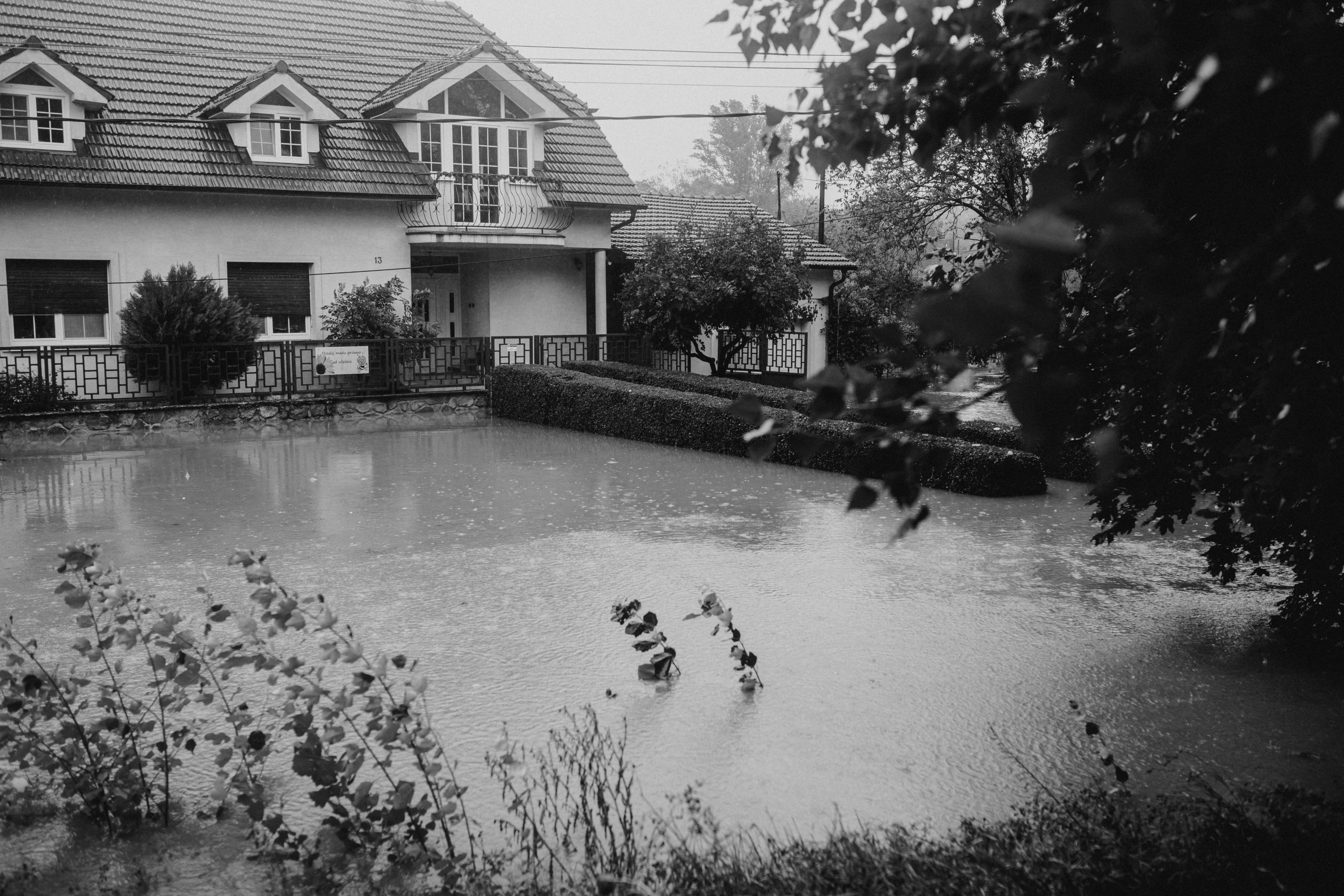Handling Tree Fall Claims: When Insurance Disputes the Cause
If you’ve recently experienced a tree falling on your property, navigating the aftermath can be challenging—particularly when insurance companies dispute the cause of the damage.
Case Overview:
A homeowner faced a fallen tree that damaged a shed on their property. An independent, certified arborist assessed the situation and concluded that the tree fell due to a combination of strong winds and rain. However, the homeowner’s insurance provider claimed the fall was solely caused by rain, leading to a denial of coverage.
Common Insurance Controversies:
It’s not unusual for insurance companies to scrutinize the cause of damage, especially in weather-related incidents. Insurers often have specific policy language that differentiates between various causes of damage and the conditions that are covered. If their assessment differs from a professional arborist’s expert conclusion, it can complicate claims processing.
What Can You Do?
1. Request a Detailed Explanation: Contact your insurance company for a clear, written explanation of why the claim was denied. Understanding their reasoning is the first step toward challenging the decision.
2. Obtain Additional Evidence: Consider getting a second opinion from an independent arborist or a qualified forestry professional. Their assessment can provide further support for your case.
3. Review Your Policy: Carefully examine your insurance policy’s terms and conditions regarding storm damage and natural causes. Confirm whether wind and rain are explicitly covered situations.
4. Appeal the Decision: Many insurers have an appeals process. Submit your supporting evidence—including your expert’s report—to contest the denial.
5. Seek Legal or Professional Advice: If disagreements persist, consulting with an insurance claims specialist or an attorney specializing in property insurance can help you understand your rights and options.
Community Insights:
It’s a common frustration among property owners that insurance companies sometimes deny claims based on narrow interpretations or incomplete assessments. Persistence and thorough documentation are key strategies in advocating for fair treatment.
Conclusion:
Disputes over the cause of property damage can be frustrating, but understanding your policy, gathering credible evidence, and following proper channels can improve your chances of a successful resolution. If you find yourself in a similar situation, don’t hesitate to seek professional guidance and leverage available resources to ensure your property and interests are protected.



